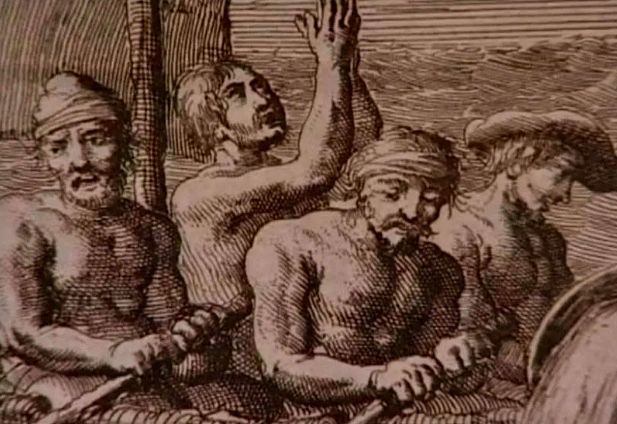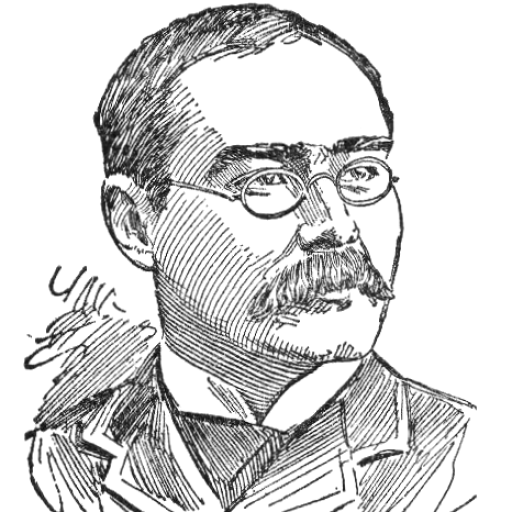Will you never let us go?

The poem is part of Kipling’s ‘The Finest Story in the World’ that tells of the author’s meeting with a young bank clerk who can remember his past lives. In the story, the clerk writes this poem from his memories of when he was a slave in a Greek galley. It is another expression of Kipling’s sympathy for the downtrodden.
Although seemingly structureless, the poem has in fact a lot of structure; the lines become progressively longer, the protest escalates, and the refrain becomes a spell:
“Will you never let us go?”
Song of the Galley-Slaves
We pulled for you when the wind was against us and the sails were low. Will you never let us go? We ate bread and onions when you took towns, or ran aboard quickly when you were beaten back by the foe. Will you never let us go? The Captains walked up and down the deck in fair weather singing songs, but we were below. We fainted with our chins on the oars and you did not see that we were idle, for we still swung to and fro. Will you never let us go? The salt made the oar-handles like shark-skin; our knees were cut to the bone with salt-cracks; our hair was stuck to our foreheads; and our lips were cut to the gums, and you whipped us because we could not row. Will you never let us go? But, in a little time, we shall run out of the port-holes as the water runs along the oar-blade, and though you tell the others to row after us you will never catch us till you catch the oar-thresh and tie up the winds in the belly of the sail. Aho! Will you never let us go?
